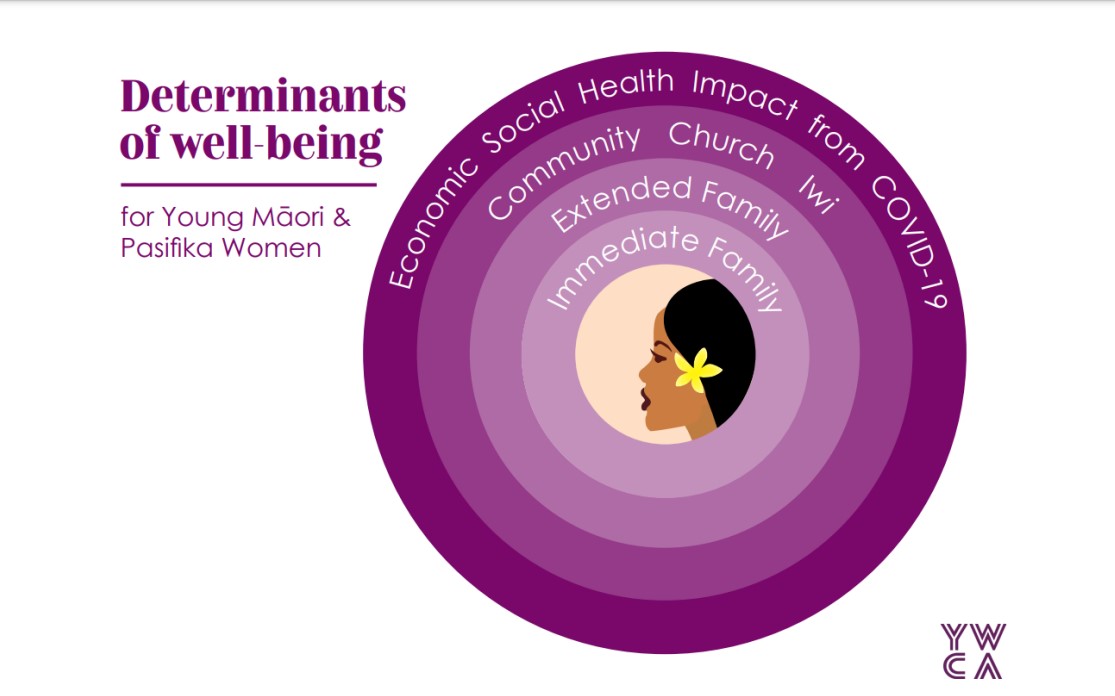Factors influencing rural Timor-Leste women’s utilisation of family planning services
Abstract
In Timor-Leste, maternal fertility and mortality rates have been reducing over the past two decades; however, unmet family planning needs remain. Family planning is especially relevant for women with low socio-economic status as they often have unmet family planning needs, which is pertinent for Timor-Leste as its population experiences high rates of poverty and primarily lives rurally. Our qualitative descriptive study explores rural Timorese women’s knowledge, attitudes, and family planning practices to determine factors influencing their family planning decision-making. Purposive sampling resulted in twenty-five women from the rural Suai-Covalima district participating in three focus groups.
While rural women preferred family planning, many lacked knowledge about specific methods, including misunderstandings about side effects and impact on fertility. Health literacy is central to improving understanding of family planning. Therefore, enhancing service providers’ capacity to provide accurate and up-to-date information and training is necessary to build rural women's understanding of family planning. The patriarchal nature of the Timorese society strongly influenced women’s family planning decisions. Hence, including men in future family planning education is essential. Despite the historical influence of the Catholic Church in Timor-Leste, women in this study did not feel its teachings influenced their family planning decisions. Further research exploring the role of the Church in reproductive decision-making and encompassing broader rural Timorese populations, including men, would increase understanding of family-planning decision-making and its influences.
Copyright (c) 2023 Angelita Maria Gomes, Amanda B Lees, Jagamaya Shrestha-Ranjit

This work is licensed under a Creative Commons Attribution 4.0 International License.


